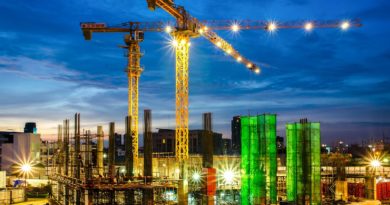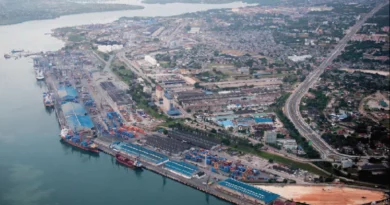The Different Types of Civil Engineering Projects
There are many different types of Civil Engineering projects. Listed below are the most common types of projects: Transportation, Geotechnical, Coastal, Environmental, and Municipal. All civil engineers should know some fundamentals. To start your next project, find out what engineering degree you want. This can help you identify which types of tasks you need.
Geotechnical engineering
Today, geotechnical engineers play a critical role in nearly every type of civil construction Boston, MA. From the Burj Khalifa in Dubai to the Lake Pontchartrain Causeway in Louisiana, geotechnical engineers are necessary for almost every construction project. Because everything is based on the earth, foundation issues can affect the entire structure. Therefore, geotechnical engineers’ work requires careful judgment, often developed through years of experience and mentorship.
To be effective at geotechnical engineering, you must have strong interpersonal skills and the ability to work well with people. Geotechnical engineers must be able to communicate with stakeholders regularly to understand their goals and the constraints of their projects. Working with diverse stakeholders, geotechnical engineers must be flexible and innovative, considering the needs of the growing population. They must consider economic, social, and environmental factors throughout the process.
Transportation engineering
A career in transportation engineering requires you to think about how people, goods, and ideas move throughout a community. These professionals are responsible for designing, constructing, and maintaining transportation infrastructure. Transportation engineering can be divided into two broad categories: urban and transportation design. This type of engineering includes some aspects of urban planning, such as pavement engineering. Infrastructure management can also be considered a subset of transportation engineering. In addition to transportation design, this field includes pavement engineering and sustainable infrastructure.
There are highways, bridges, and railways. These can range in size from minor to primary. A civil engineer will consider the project’s impact on its surrounding environment and traffic. Other types of transportation engineering projects include bicycle/pedestrian paths, bridges, and air travel systems.
Coastal engineering
Coastal engineering is a subset of civil and environmental engineers. This field focuses on protecting densely populated places and reducing pollution. Environmental engineers create answers to global problems and advise government authorities on hazardous places. To construct and improve ports, navigation features, and coastal structures, coastal engineering projects use principles from oceanography and nearshore geology. In addition, the projects address various environmental and human health concerns and the preservation of natural resources.
Coastal engineers are often responsible for planning, designing, and constructing shoreline structures. In addition, they are accountable for controlling shoreline erosion, developing ports, and safeguarding communities from flooding. These projects often require the construction of foundations, shuttering, and stabilizing coastal sediment. Read Wiegel and Saville’s 1996 article to learn more about coastal engineering. In addition, this paper provides an overview of the history of coastal engineering in the United States.
Environmental engineering
The environmental engineering discipline involves analyzing, designing, and implementing methods for preventing or controlling environmental hazards and pollutant pollution. Environmental engineers help preserve natural environments and create plans to prevent waterborne disease and improve sanitation in urban areas. They are a vital part of today’s engineering industry.
Environmental engineering is an area of civil engineering that focuses on designing natural systems while creating a functional structure. Students are studying this discipline focus on the chemical properties of water, air, and soil. They also study how to develop technical mechanisms for pollution control and improve the sustainability of buildings, sites, and facilities. Environmental engineers often advise policymakers on ecological issues, and their projects often result in the production of green energy, a renewable source of power from natural occurrences.




